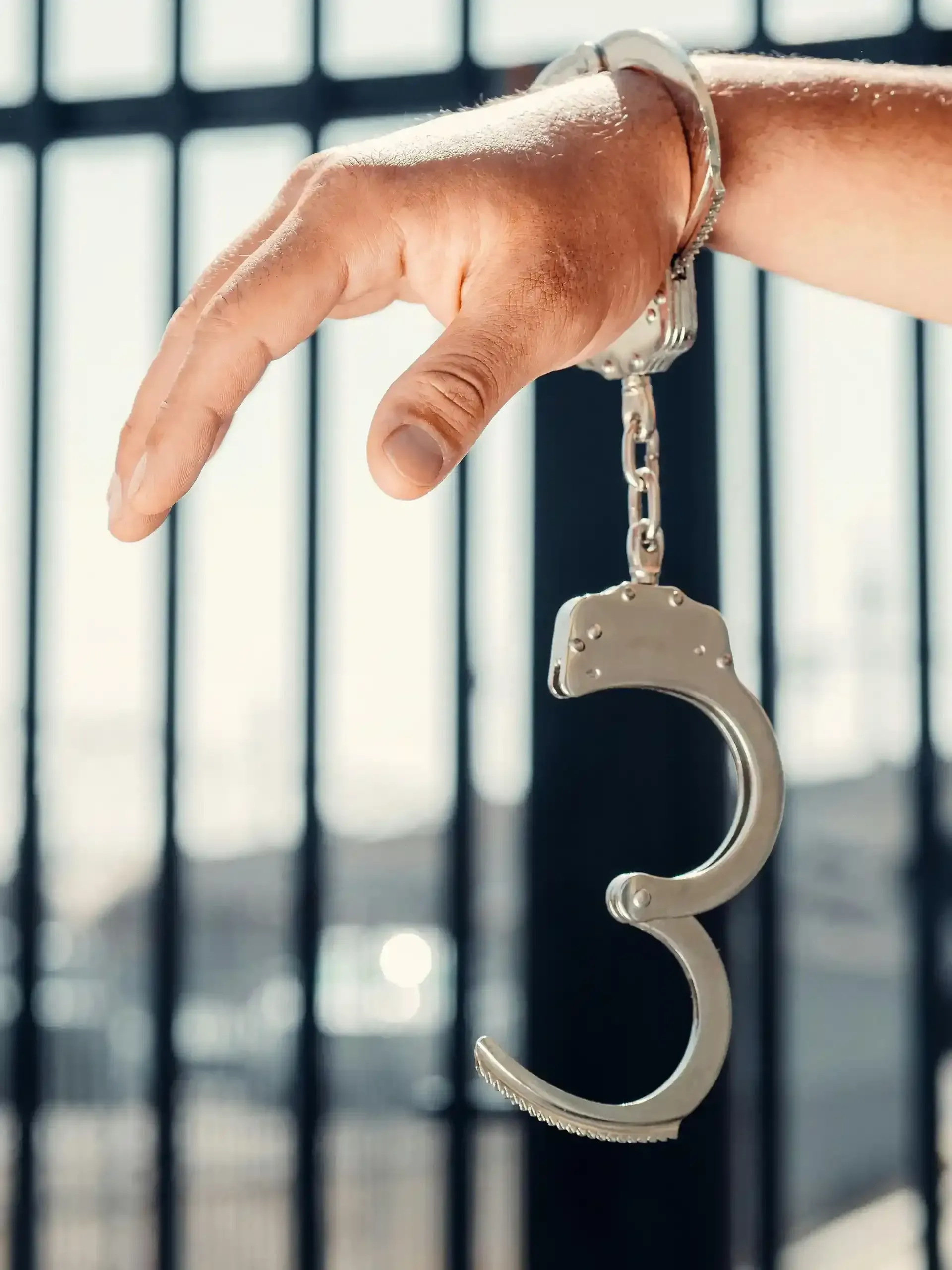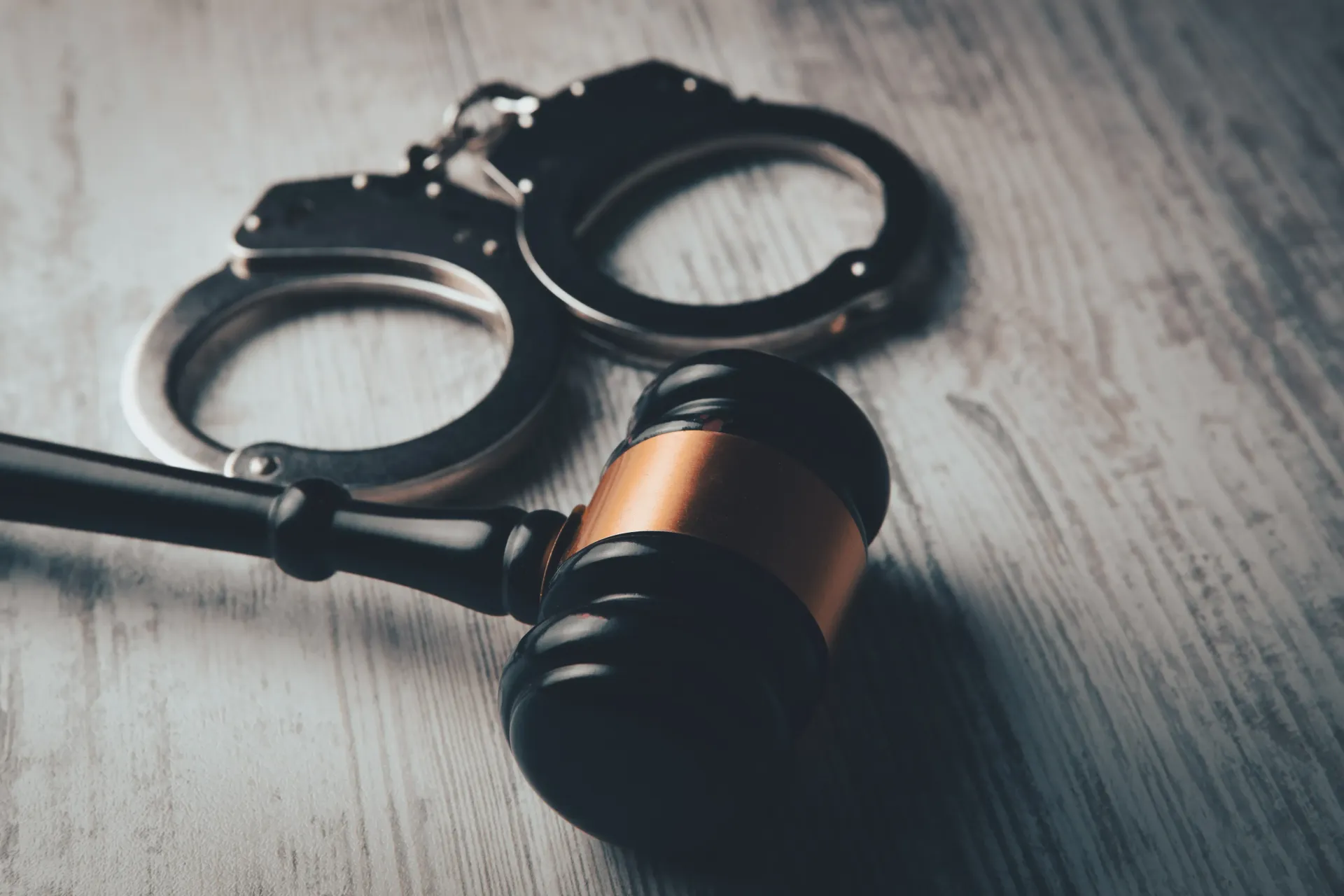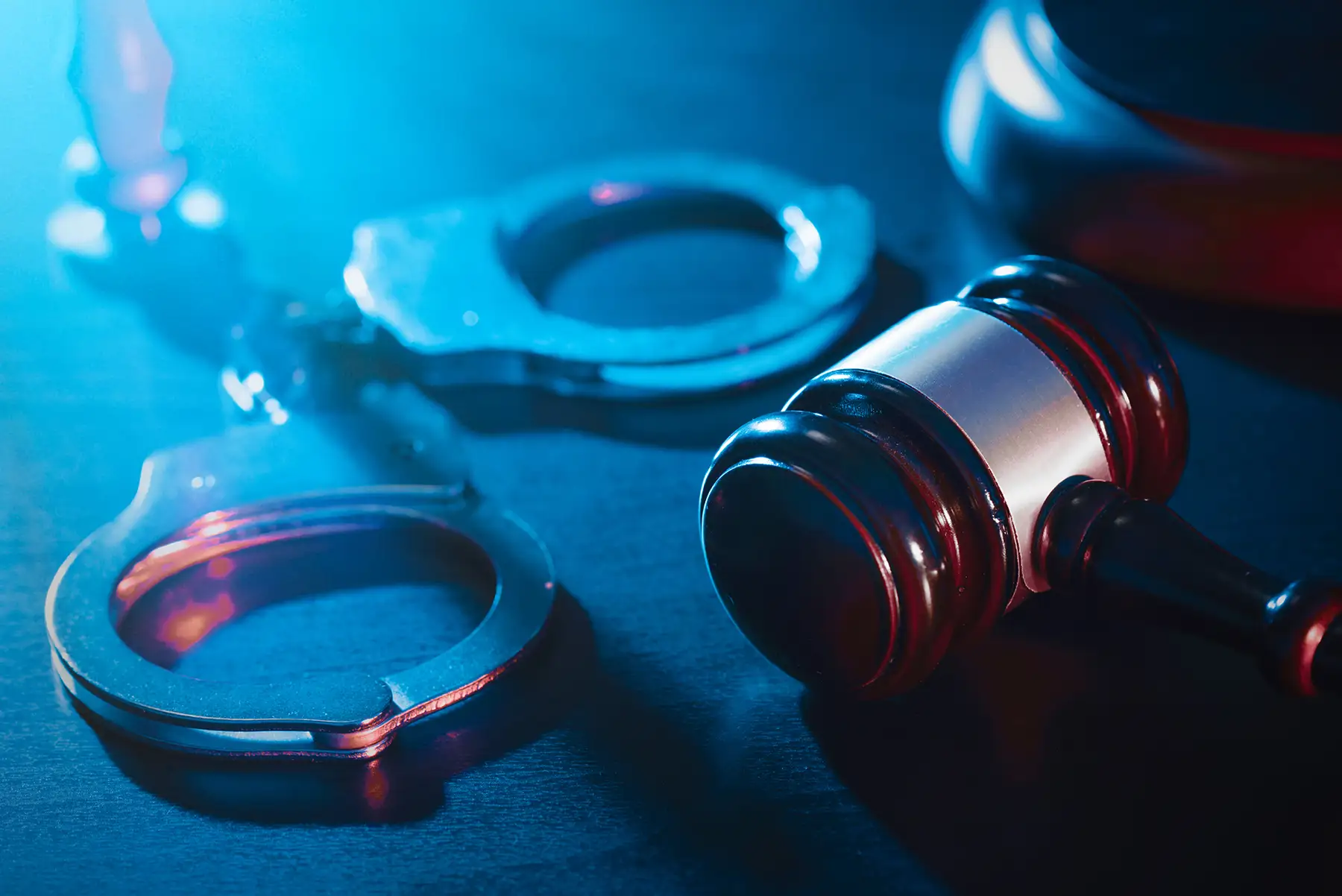Understanding Felonies in Florida: A Comprehensive Guide
Florida’s criminal justice system categorizes crimes into misdemeanors and felonies, with the latter carrying far more severe penalties. Understanding felonies in Florida is crucial for those who may face criminal charges or want to protect their rights. This guide explains what constitutes a felony, explores the list of felonies in Florida, and highlights the consequences, classifications, and legal options available.
What Are Felonies in Florida?
Felonies in Florida are serious crimes punishable by imprisonment exceeding one year, with penalties varying by the degree of the felony. Florida law classifies felonies into five categories:
- Capital Felony: Punishable by death or life imprisonment without parole (e.g., first-degree murder).
- Life Felony: Results in life imprisonment, potentially coupled with fines up to $15,000.
- First-Degree Felony: Includes up to 30 years in prison and fines up to $10,000.
- Second-Degree Felony: Punishable by up to 15 years in prison and $10,000 in fines.
- Third-Degree Felony: Includes up to 5 years in prison and $5,000 in fines.
Florida Statute 775.082 provides detailed descriptions of penalties for felonies. For more information on the legal framework, visit the Florida Senate Laws.
A Detailed List of Felonies in Florida
The list of felonies in Florida encompasses a wide range of criminal activities, from violent offenses to white-collar crimes. Below are examples of felonies across different categories:
1. Violent Felonies
- Murder (Capital or Life Felony)
- Manslaughter (Second-Degree Felony)
- Aggravated Assault or Battery (First-Degree Felony)
2. Drug-Related Felonies
- Drug trafficking (First-Degree Felony)
- Possession of a controlled substance with intent to distribute (Second-Degree Felony)
- Simple drug possession may escalate to a felony depending on the substance and amount. Learn more about penalties for drug-related felonies here.
3. Property and Theft Felonies
- Grand theft (First, Second, or Third-Degree Felony depending on value)
- Arson (First-Degree Felony)
- Burglary (Varies by circumstances)
4. White-Collar Crimes
- Embezzlement (Typically a First-Degree Felony)
- Identity theft (Varies by scale of the fraud)
5. Sexual Offenses
- Sexual battery (Life Felony)
- Possession of child pornography (Second or Third-Degree Felony)
6. Other Felonies
- DUI manslaughter (Second-Degree Felony)
- Resisting arrest with violence (Third-Degree Felony)
The Process of Facing Felony Charges
Arrest and Booking
Once an individual is arrested for a felony in Florida, they will go through the booking process and may face an arraignment.
Pretrial Proceedings
During this phase, evidence is reviewed, and plea deals may be negotiated. A skilled criminal defense attorney can challenge the admissibility of evidence and explore options for reduced charges.
Trial or Plea Bargain
If the case goes to trial, both the prosecution and defense present evidence. Alternatively, a plea bargain may help avoid harsher penalties.
For those convicted, options such as sealing or expunging records may help mitigate long-term consequences.
Penalties and Collateral Consequences
Being convicted of a felony in Florida comes with severe penalties beyond imprisonment or fines. These collateral consequences include:
- Loss of civil rights (e.g., voting, serving on a jury, holding public office)
- Ineligibility for certain licenses or professions
- Difficulty securing housing or employment
Defending Against Felony Charges in Florida
1. Challenging Evidence
Illegal searches or improper handling of evidence can weaken the prosecution’s case.
2. Negotiating Reduced Charges
Experienced attorneys may negotiate a reduction from a felony to a misdemeanor, significantly lowering penalties.
3. Seeking Pre-Trial Diversion
For eligible offenders, diversion programs may offer rehabilitation instead of jail time.
Hiring a seasoned attorney is critical in defending against felony charges. Learn more about how to secure expert legal representation by visiting Marc A. Joseph, P.A..
The Role of a Skilled Criminal Defense Attorney
When facing charges from the list of felonies in Florida, navigating the legal complexities alone can be daunting. An experienced criminal defense attorney can:
Provide personalized guidance
Investigate every aspect of the case
Advocate aggressively for reduced charges or dismissal
For individuals dealing with specific charges like drug possession, seeking advice from an attorney specializing in these cases is vital. Learn about expert legal assistance here.
Take Action Today!
Facing a felony charge in Florida? Don’t wait—time is critical. Contact Marc A. Joseph, P.A. for a free consultation and let us help protect your future.
Florida’s Felony Statutes and Key Resources
Understanding felonies in Florida requires familiarity with specific laws, including those found in the
Florida Senate Laws. These resources offer detailed insights into charges, penalties, and legal precedents.
Secure the Defense You Deserve
Your future matters. Connect with Marc A. Joseph, P.A. today for experienced legal representation tailored to your unique case.
FAQs About Felonies in Florida
What is the difference between a misdemeanor and a felony in Florida?
Felonies are more severe crimes with penalties exceeding one year of imprisonment, while misdemeanors are less severe offenses with shorter jail terms.
Can a felony be expunged or sealed in Florida?
Yes, under certain conditions, some felony records can be expunged or sealed. Learn more here.
What is the statute of limitations for felonies in Florida?
The statute varies by offense. For example, murder has no statute of limitations, while theft may have a limit of five years.
Are drug possession charges always felonies?
No, the classification depends on the substance and amount. Learn about drug possession laws here.
What happens if I violate probation for a felony?
Violation of probation can lead to additional penalties, including imprisonment.
Can felony charges be reduced to misdemeanors?
Yes, a skilled attorney may negotiate reduced charges based on the case details.
What are the penalties for a first-degree felony?
First-degree felonies are punishable by up to 30 years in prison and a $10,000 fine.
What is a pretrial diversion program?
This program offers eligible offenders an alternative to jail time, often focusing on rehabilitation.
How can I restore my civil rights after a felony conviction?
Restoration is possible through clemency or other legal processes.
What should I do if I’m facing felony charges?
Contact an experienced attorney immediately to build a strong defense. Schedule a consultation here.
By understanding the list of felonies in Florida and securing the right legal representation, you can protect your rights and future. Take control of your situation today.









